Outsourcers in the firing line
 |
| The majority of outsourcing firms play with a straight bat |
The Ministry of Finance’s Vietnam Customs lately issued a draft circular guiding customs procedures for outsourced goods for overseas-based firms to seek business community’s opinions.
Under the draft, many types of outsourcing enterprises would be subject to stringent examinations by customs at any time. They include enterprises registering for outsourcing for the first time, enterprises which rent other enterprises to fulfill part or the whole of their contracts with overseas partners and enterprises importing raw materials, but failing to produce products for export in three months after the raw materials are imported.
Under the draft’s Clause 8, enterprises would be examined by customs agencies’ automatic risk-identifying system, in terms of their workshop-related documents, production sites, ownership over machines and equipment and employment of workers.
According to Vietnam Customs, under the current regulations, outsourcing enterprises are inspected when their address, management and production capacity in fulfilling contracts with foreign partners are suspected by customs agencies.
A source of Quang Ninh Customs Agency said the new regulations were aimed to further controlling outsourcing enterprises, because many enterprises had taken advantage of the fact that their imported raw materials used to produce exports were exempted from import tariffs.
“Under the current regulations, imported raw materials must be used for producing exported goods only under contracts between Vietnam-based enterprises with foreign ones. But many enterprises massively import raw materials to re-sell them locally,” the source said, referring to some garment enterprises whose their wrongdoings were detected by Quang Ninh Customs Agency.
The source said that in many cases, enterprises not engaged in outsourcing activities declared themselves as outsourcing enterprises to benefit from import tariff priorities.
“This could cause big losses for the country’s state budget. So it is quite correct that the new regulations be applied,” said the source.
However, Hanoi-based Garment X26 Joint Stock Company deputy director Nguyen Viet Thang said the draft prescribed unnecessary regulations.
“In order to be granted a business licence and a tax code, enterprises have to show their production and business capacity about workshop, finance and equipment. Thus customs agencies do not need to examine these items.
“If the draft circular was passed, it might become another obstruction for local garment firms, which had to import 80 per cent of needed raw materials from foreign countries at time of soaring prices of raw materials in the world market,” Thang said.
Vietnam Customs said it would also intensify post-customs clearance inspections at importing and exporting enterprises in 2011.
“In order to timely discover businesses’ tax fraud and fake accounts, local customs agencies are required to deepen post-customs clearance inspections at enterprises right after their goods are exported and/or imported,” said the Vietnam Customs’ head Nguyen Ngoc Tuc.
The inspections would focus on verifying the accuracy and truthfulness of enterprises’ documents and customs declarations which have already been examined by customs agencies’ offices.
Besides, enterprises’ accounts, customs documents, financial reports, invoices and documents relevant to import and export goods would also be inspected.
Vietnam Customs reported that in 2010, thousands of enterprises in Vietnam massively imported goods and abscond from their registered business offices after quickly selling off the imported goods and without paying thousands of dollars in tax, because they took advantage of the government’s 90-day tax payment grace period.
What the stars mean:
★ Poor ★ ★ Promising ★★★ Good ★★★★ Very good ★★★★★ Exceptional
Related Contents
Latest News
More News
- Amata City Ha Long marks six years of development (April 23, 2024 | 17:00)
- Taiwan's Giant Group to build $120 million bicycle factory in Binh Duong (April 23, 2024 | 15:02)
- Nvidia delegation to explore opportunities in Vietnam (April 23, 2024 | 08:30)
- China's BOE builds $275 million electronics factory in Ba Ria-Vung Tau (April 22, 2024 | 10:44)
- Suntory PepsiCo breaks ground on its largest Asia-Pacific plant in Vietnam (April 22, 2024 | 08:53)
- New Hope ceases Binh Dinh pig-breeding project (April 19, 2024 | 18:34)
- Localities get ready for fourth FDI boom (April 19, 2024 | 16:41)
- Japanese retailer Takashimaya to advance project in Hanoi (April 19, 2024 | 11:31)
- Carmakers go it alone on e-vehicle charging solutions (April 18, 2024 | 14:00)
- Need is urgent for e-vehicle charging infrastructure (April 18, 2024 | 11:00)

 Tag:
Tag: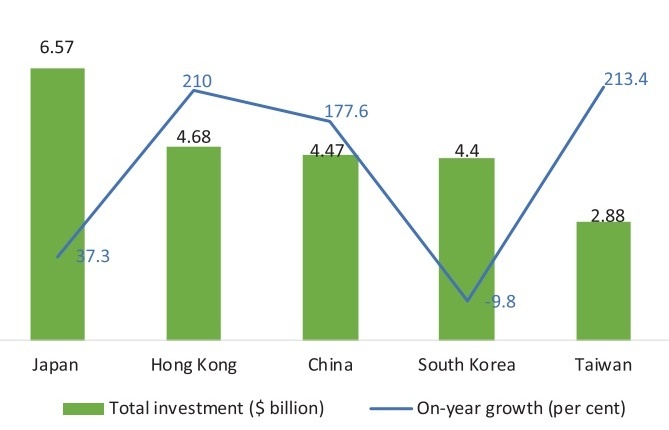
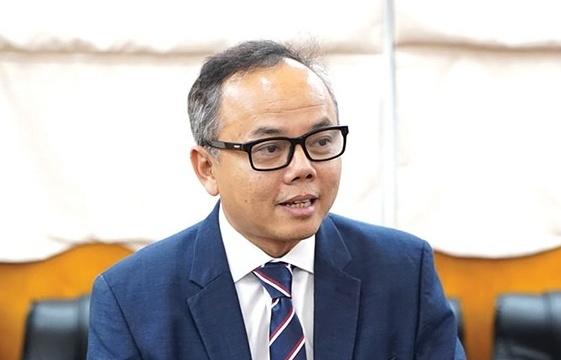
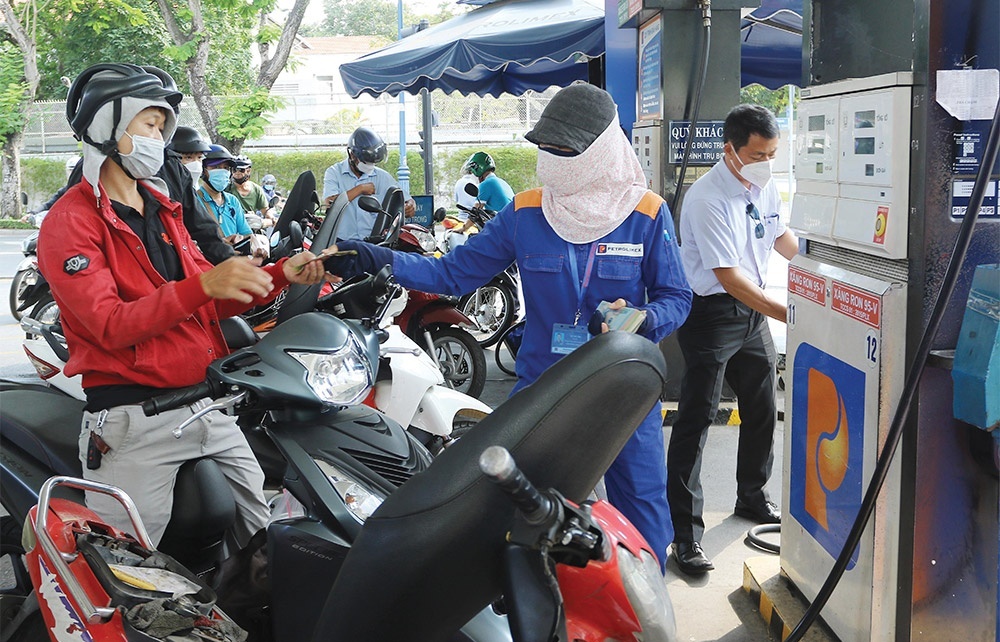
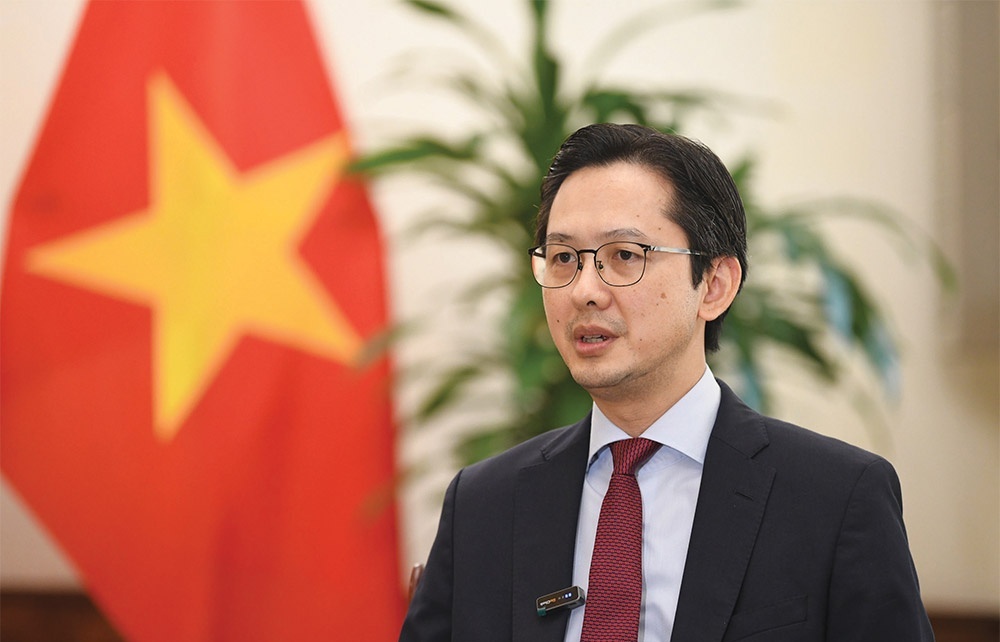

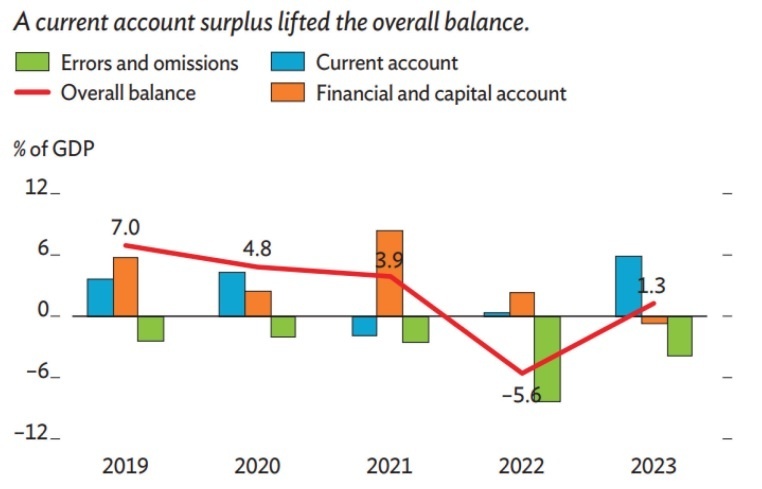
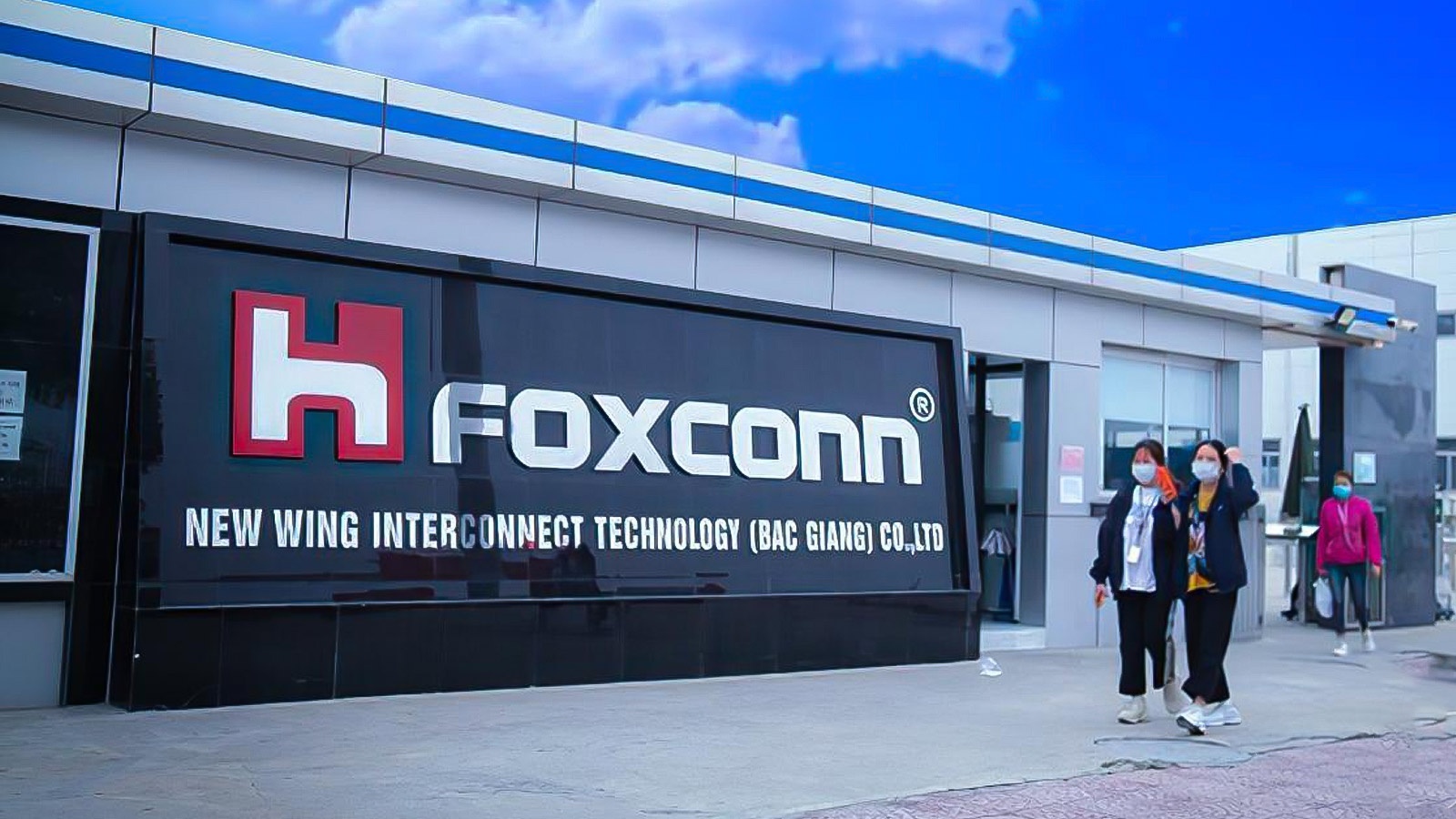
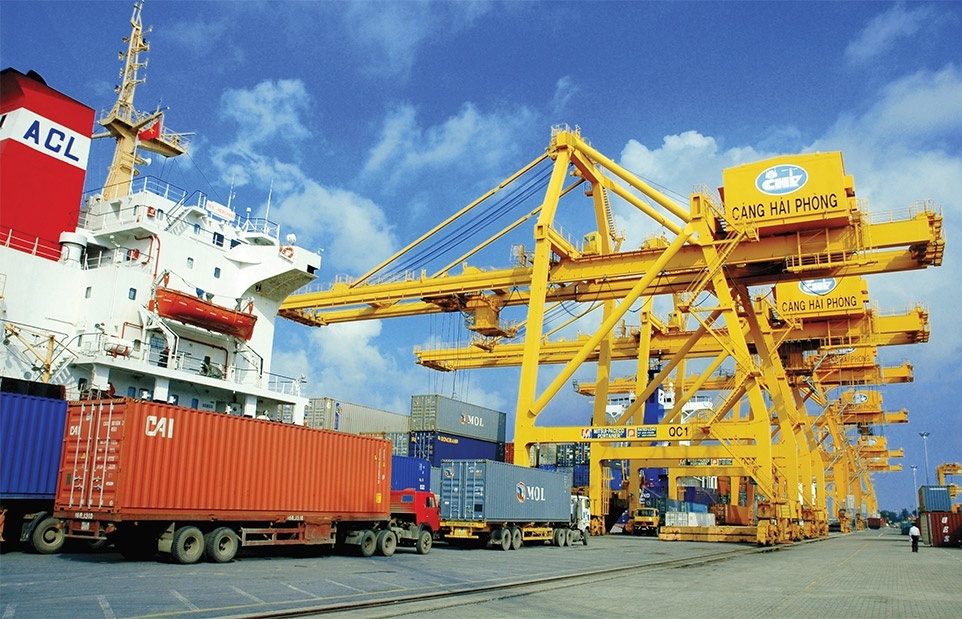
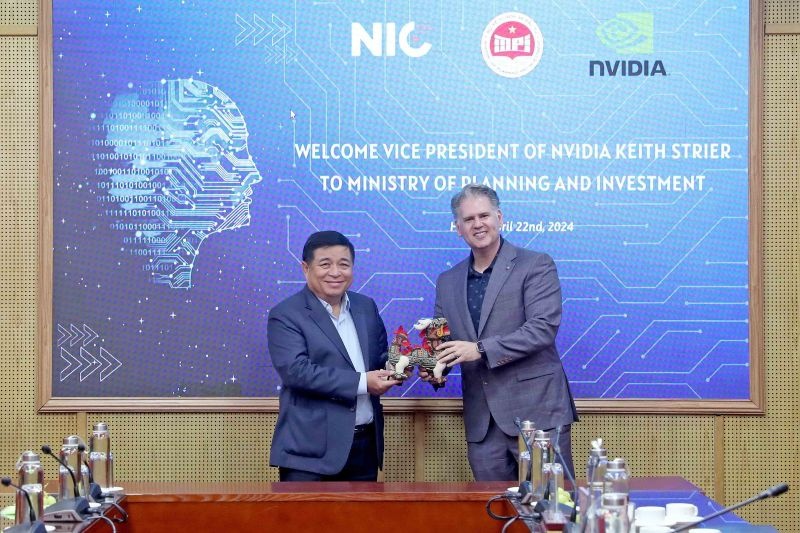
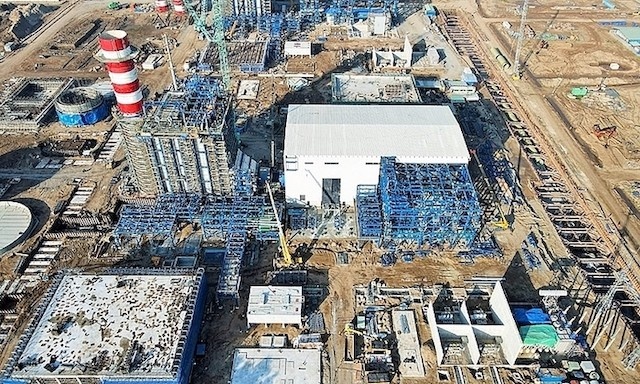
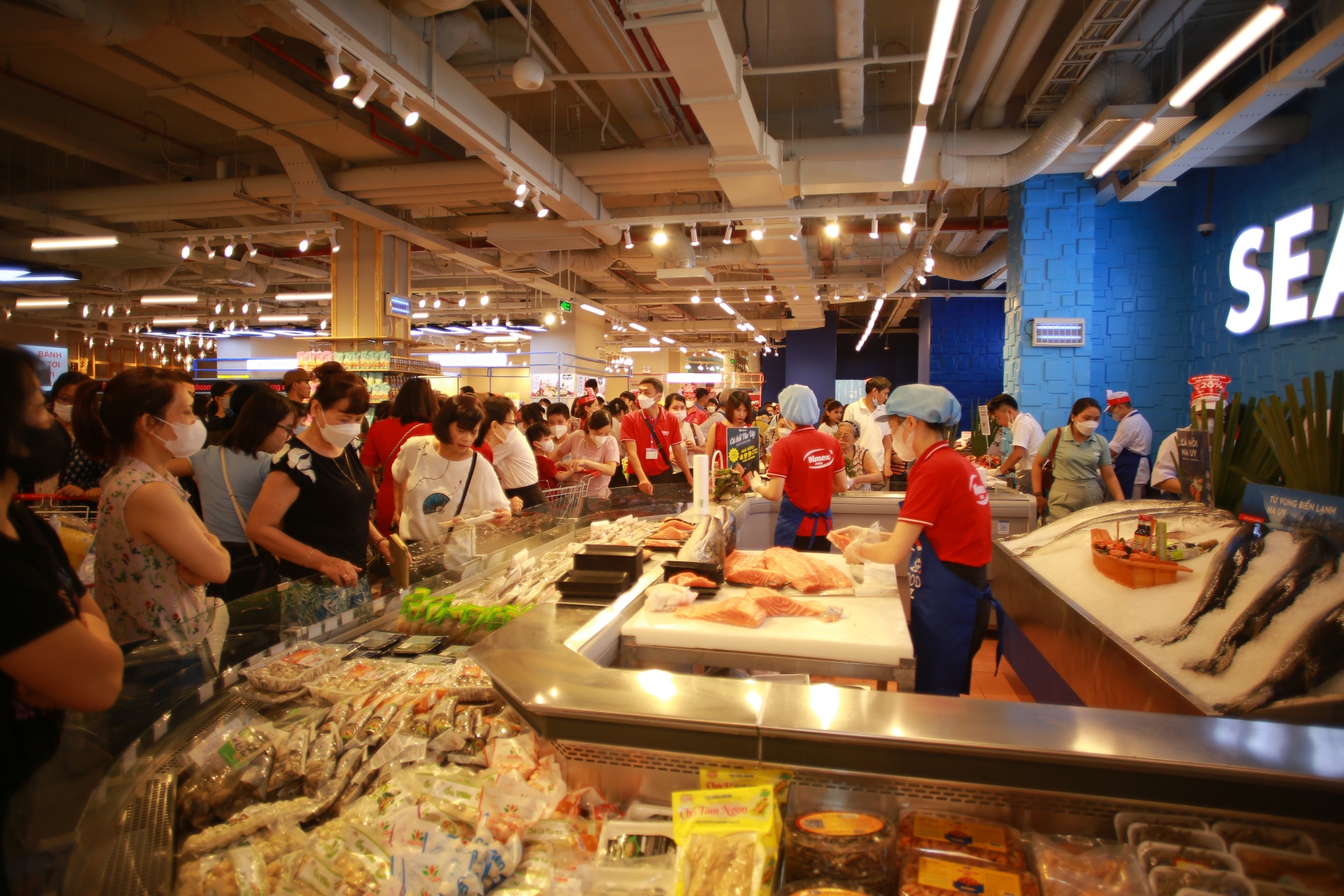


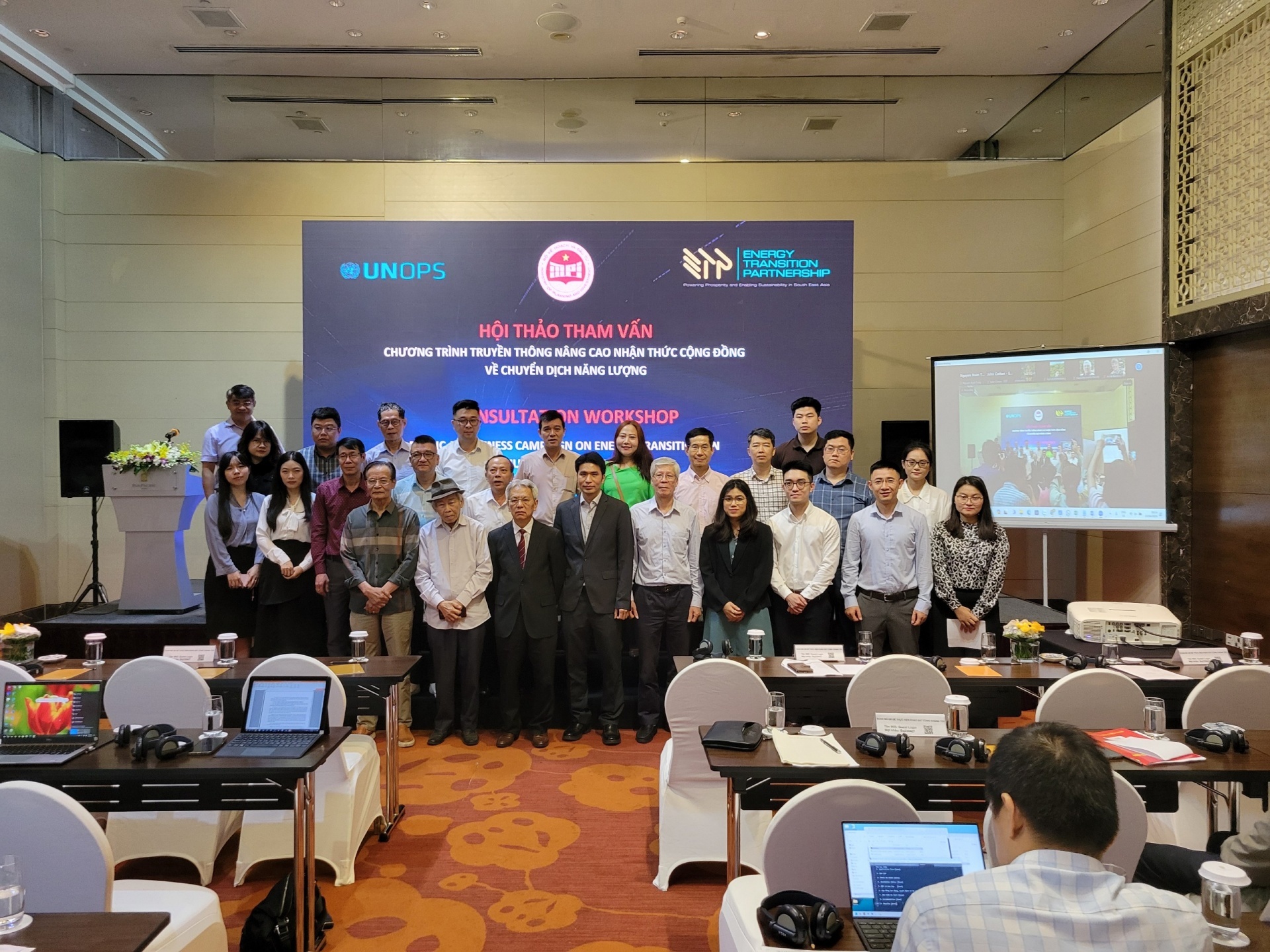

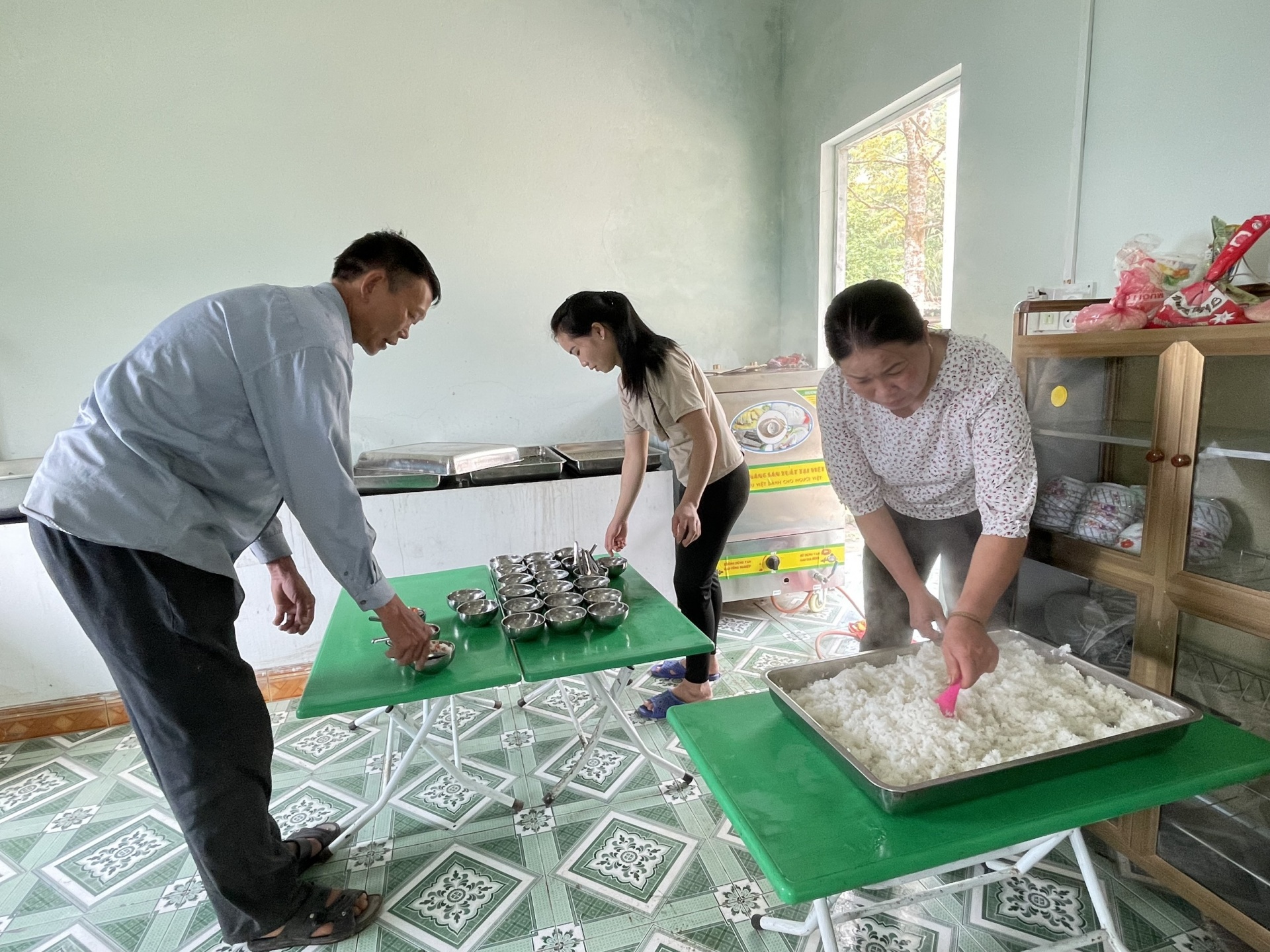



 Mobile Version
Mobile Version